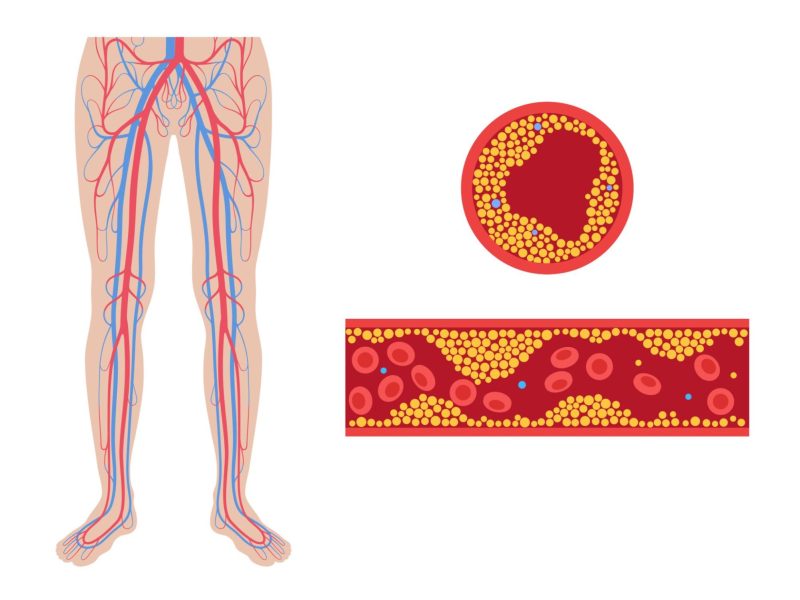
(WOMENSENEWS)–Sandy Redwanc knew the odds were stacked against her.
When she married a man with cystic fibrosis at the age of 24, Redwanc took a blood test that revealed she also carried the gene for this incurable disease. If she became pregnant, her baby would have a 50 percent chance of developing cystic fibrosis, which causes breathing and digestion problems so severe they can be fatal.
This month, Redwanc and her husband are hoping to beat those odds by undergoing pre-implantation genetic diagnosis, a procedure that screens embryos for cystic fibrosis and other diseases before embryos are implanted in the womb through in vitro fertilization.
“This test is our one hope of having a healthy child,” say Redwanc, now 31. “And for us, that would be nothing short of a miracle.”
Pre-implantation genetic diagnosis–which takes place before a pregnancy even begins–is among a growing number of cutting-edge screening tests that are changing the face of maternity care, and sparking ethical debate.
“The result of these tests is a better-educated, better-supported patient,” says Dr. Randy Morris, the Redwancs’ Chicago-based fertility doctor.
“The result is also a lot of discussion of designer babies,” says Dan Brock, a professor of medical ethics at Harvard Medical School in Boston.
While some health advocates applaud the new tests, others are concerned they could increase the number of selective abortions among women with less-than-perfect pregnancies.
New Tests Peg Sex, Birth Defects Early
Most standard prenatal tests that screen for chromosomal and developmental abnormalities are offered at 15 to 18 weeks, well into the second trimester.
But in recent years, researchers have developed newer, much-earlier tests.
One is Instant Risk Assessment, or IRA, a home blood test that screens for Down Syndrome, a form of mental retardation affecting 1 in 800 births, and trisomy-18, an even rarer disorder in which the fetus has a malformed heart, brain and eyes and cannot live outside the womb. Available since January, IRA is taken at nine weeks, with lab results sent to a woman’s doctor at 11 weeks.
Another avant-garde test is the Baby Gender Mentor, which allows a woman to determine the sex of her baby by taking a home blood test just five weeks after conception. Available since June, this new test can peg gender 11 weeks earlier than routine ultrasound, in which a doctor passes a hand-held device across a pregnant woman’s belly and uses sound waves to create a picture of the baby’s genitals.
Alongside these commercial tests are coming changes in maternity care that can help detect some conditions earlier. This month, the New England Journal of Medicine published research on a new Down syndrome screening that tests the blood for two markers and uses ultrasound to measure the fetus’s neck, which is thicker in the case of Down syndrome. Done as early as 11 weeks and detecting 87 percent of Down cases (versus the standard, second-trimester test that detects 80 percent of cases), this new test is prompting the Washington-based American College of Obstetricians and Gynecologists to update its prenatal screening guidelines.
While most new prenatal tests check for abnormalities at the first stages of pregnancy, pre-implantation genetic diagnosis–the procedure Redwanc is having–tests for gender and 50 health problems before pregnancy even begins. Doctors analyze eggs that were fertilized the day before, and, after consulting prospective parents, choose the healthiest embryos and implant them in the womb.
New Tests Spark Concern
Not yet part of routine care and thus not typically covered by health insurance, new prenatal screening tests can be prohibitively expensive for many pregnant women. While IRA costs $160 and the Baby Gender Mentor costs $275, pre-implantation genetic diagnosis can run $15,000 or more.
Like the expense of these new tests, their ethical ramifications also spark concerns.
Until recently, most prenatal screening tests were offered well into the second trimester, when abortion can pose health complications and may not be readily accessible.
Experts say earlier screening measures may spur some women to have first-trimester abortions if their fetuses test positive for major birth defects, which affect 3 percent of pregnancies and are more common in mothers over the age of 35.
“These tests could prompt insurance companies and physicians to pressure parents to have elective abortions that will save medical costs down the line,” says Andy Imparato, director of the Washington-based American Association of People with Disabilities. “And those decisions could be ones that parents come to regret.”
This year, after researchers estimated a record 80 percent of fetuses with Down Syndrome are being aborted, the American Association of People with Disabilities stepped up its advocacy for congressional legislation that would require doctors to explain a Down Syndrome diagnosis to parents more thoroughly than before, perhaps informing parents that life expectancy and medical care have improved dramatically in recent years.
Concern About Sex Selection
Just as they are concerned about fetuses being aborted because of chromosomal abnormalities, health advocates also worry about the new tests’ impact on sex selection, a practice that has led to widespread abortion of girl babies in countries such as China, where there are now 83 women for every 100 men, and India, where the city of New Delhi, for one, now welcomes just 76 female babies to every 100 male babies.
“Studies show most Americans don’t feel strongly enough about the sex of a child to base an abortion on gender, but this could prove to be a problem in some immigrant groups,” says Stanley Henshaw, a senior fellow at New York City’s The Alan Guttmacher Institute.
In the wake of the 2003 mapping of the 3 billion-part human genetic code, some health advocates say prenatal tests could even be used for the selection of “preferred” traits such as brown eyes, broad shoulders or a higher-than-average IQ.
“Potentially, these tests could select any trait a parent wants,” says Imparato.
In May, the Guttmacher Institute reported that while the number of abortions is declining overall, the number of first-trimester procedures is rising slightly.
Though the effect of prenatal testing on abortion rates had not been carefully studied, it is possible that they are contributing to this increase.
The American College of Obstetricians and Gynecologists approves of earlier prenatal screening tests, saying they can help “relieve anxiety” in many cases.
Health advocates say they can only predict how new prenatal screening tests will affect America’s number of abortions and births, which now total 1.3 and 4 million respectively per year.
“It’s anybody’s guess how rapidly this science will develop,” says Harvard’s Brock. “But even with more accurate information, these tests will still lead to difficult choices.”
Molly M. Ginty is a freelance writer based in New York City.
Women’s eNews welcomes your comments. E-mail us at editors@womensenews.org.


